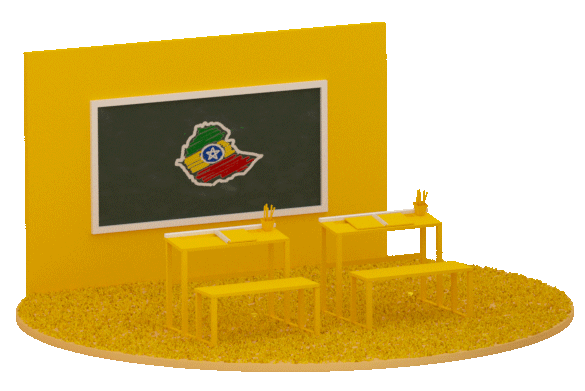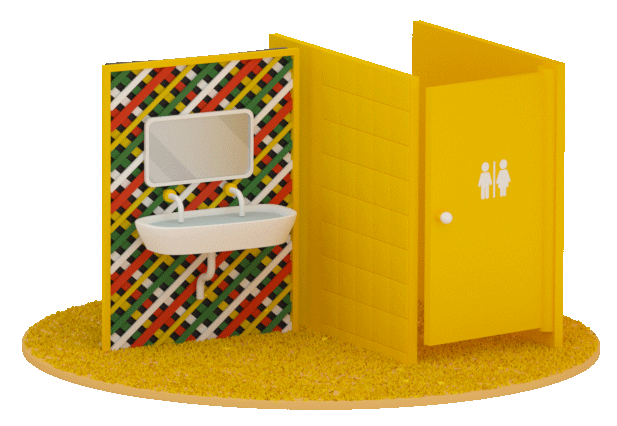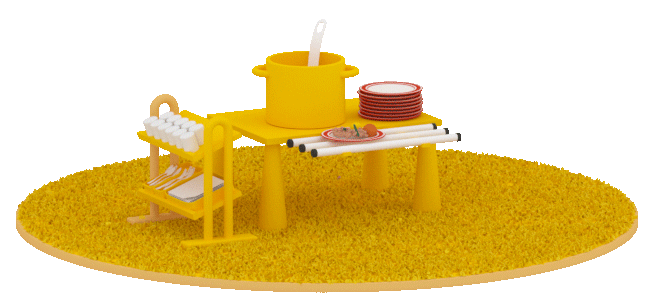 Water
WaterSafe and clean drinking water. Deep-dive.
 Study material and books
Study material and booksBooks and study material accessible for every student. Read on.
 Sanitary and hygiene
Sanitary and hygieneBasic toilets and washing hands. Why it’s important.


Water

The No. 1 of the basic need requirements for a healthy life is clean, fresh water. And as simple as it sounds, it is not. Worldwide, 2.1 billion people lack access to safe drinking water – 61 million people in Ethiopia. In rural areas, the children or women of a family walk up to three hours to find a water source; often to collect from contaminated surface or stagnant water which they share with animals. This kind of water is the main cause for illnesses like diarrhoea, bilharzia or typhoid fever – especially life-threatening to children.
We want to make it our responsibility to help the school getting access to safe water by financing the build and maintenance of an appropriate water resource to ensure that clean, fresh water is always available for students and teachers. The water will supply the sanitary facilities, ensure a higher hygiene practice and support the school food program.

Water

The No. 1 basic need for a healthy life is clean, fresh water. And as simple as it sounds, it is not. Worldwide, 2.1 billion people lack access to safe drinking water – 61 million people in Ethiopia. In rural areas, the children or women of a family walk up to three hours to find a water source; often to collect from contaminated surface or stagnant water which they share with animals. This kind of water is the main cause for illnesses like diarrhoea, bilharzia or typhoid fever – especially life-threatening to children.
We want to make it our responsibility to help the school getting access to safe water by financing the build and maintenance of an appropriate water resource to ensure that clean, fresh water is always available for students and teachers. The water will supply the sanitary facilities, ensure a higher hygiene practice and support the school food program.

Sanitary
and hygiene

For most of us, going to the bathroom is the most natural thing to do. We don’t think twice about it – we use the toilet, wash our hands, and that’s that. For children in developing countries, however, this routine is a whole different story: 39% of Primary Schools in Ethiopia only have limited sanitary services, 61% have none! And only 5% of these schools are able to provide hygiene facilities including water and soap. In numbers this means that 25 million children are exposed to health-endangering bacteria and germs everyday. These circumstances lead to infections, illness and ultimately to absence and drop-outs of school or worse. Girls are particularly affected once a month.
Building well-functioning sanitary facilities, install a sustainable waste management system and providing hygiene education to teachers and students are one of our top priorities to keep everyone fit for school.


Sanitary
and Hygiene
For most of us, going to the bathroom is the most natural thing to do. We don’t think twice about it – we use the toilet, wash our hands, and that’s that. For children in developing countries, however, this routine is a whole different story: 39% of Primary Schools in Ethiopia only have limited sanitary services, 61% have none! And only 5% of these schools are able to provide hygiene facilities including water and soap. In numbers this means that 25 million children are exposed to health-endangering bacteria and germs everyday. These circumstances lead to infections, illness and ultimately to absence and drop-outs of school or worse. Girls are particularly affected once a month.
Building well-functioning sanitary facilities, install a sustainable waste management system and providing hygiene education to teachers and students are one of our top priorities to keep everyone fit for school.

Study
material

The essentials for an adequate learning environment are more than often missing. Only 7.5% of all Primary School students pass the National exam (NLA) by the end of the 8th grade with a score of 50% or above, which allow them to commence to the Secondary School Program. And part of the issue is posed by the huge lack of study material like textbooks, pens and paper that help students prepare properly for the exam.
Hence, we made it one of our missions to provide the school with the means to acquire the basic must-haves of learning and teaching supplies.

Study
Material

The essentials for an adequate learning environment are more than often missing. Only 7.5% of all Primary School students pass the National exam (NLA) by the end of the 8th grade with a score of 50% or above, which allow them to commence to the Secondary School Program. And part of the issue is posed by the huge lack of study material like textbooks, pens and paper that help students prepare properly for the exam.
Hence, we made it one of our missions to provide the school with the means to acquire the basic must-haves of learning and teaching supplies.

Food

A well-balanced diet is the basis for health and development of a child.
But not even half of all children in Ethiopian rural areas are fed at least three times a day. As a consequence, malnutrition is a common issue resulting in underweight, anaemia and deficiency of vital minerals and vitamins.
Well-nourished children are more likely to be healthy, productive, and ready to learn.
Therefore, we are introducing a school food program involving the children to cook for each other. For this purpose, we will build a brand-new cafeteria for students and teachers including a well-equipped kitchen to prepare the meals. Of course, we seek to provide all necessary ingredients and workforce locally.


Food
A well-balanced diet is the basis for health and development of a child.
But only 45 % of children in Ethiopian rural areas are fed at least three times a day. As a consequence, malnutrition is a common issue resulting in underweight, anaemia and deficiency of vital minerals and vitamins.
Well-nourished children are more likely to be healthy, productive, and ready to learn.
Therefore, we are introducing a school food program involving the children to cook for each other. For this purpose, we will build a brand-new cafeteria for students and teachers including a well-equipped kitchen to prepare the meals. Of course, we seek to provide all necessary ingredients and workforce locally.




